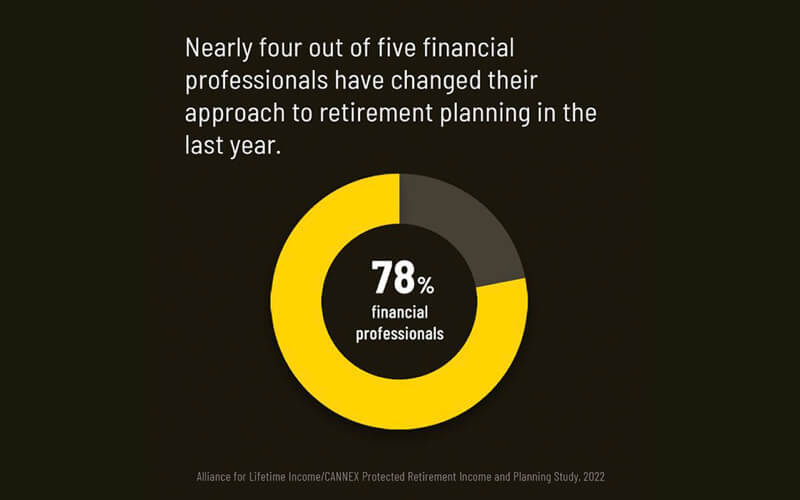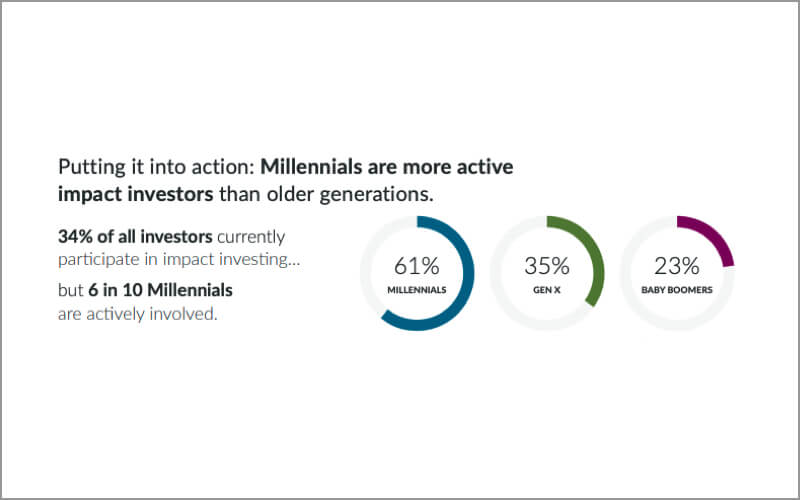A note to the reader: At Artemis much of our work focuses on understanding why people make the decisions they do and what motivates them to act. Our clients use this information to develop effective, persuasive communications strategies. We have a lot to say about motivation-based research, but for purposes of this blog let’s just say this: motivations are based on both rational and emotional elements.
 Two recent events involving inexplicable violence offer a glimpse at the complexity of motivations in personal and collective decisions. Even before the rapid capture of the Boston Marathon bombers, the search had begun to discover their personal motivations for such a random act of violence. As each new piece of information is revealed, we get a slightly clearer picture of the circumstances of their lives. Uncovering the bombers’ motivations requires understanding how they internalized those circumstances and aligned them with their personal values. Trying to discern those motivations is made more difficult because personal values are culturally derived, and these individuals grew up in a hybrid culture.
Two recent events involving inexplicable violence offer a glimpse at the complexity of motivations in personal and collective decisions. Even before the rapid capture of the Boston Marathon bombers, the search had begun to discover their personal motivations for such a random act of violence. As each new piece of information is revealed, we get a slightly clearer picture of the circumstances of their lives. Uncovering the bombers’ motivations requires understanding how they internalized those circumstances and aligned them with their personal values. Trying to discern those motivations is made more difficult because personal values are culturally derived, and these individuals grew up in a hybrid culture.
Another strange act of violence in Newtown, Connecticut, led us to a picture of our collective societal decision-making. The latest round of Congressional debate about gun control legislation recently ended in a narrow defeat for the background check proposal.
What an illustration of divided perceptions of truth and of different personal motivations on the part of Congress! One comment that struck us, offered by a number of those opposing the legislation, was that we should not make any decision on an emotional basis. That plays to the common characterization that good decisions really are based on careful, “rational” analysis of the facts and just the facts. Nope. The gun control debate is a clear demonstration that the rational stuff is inextricably linked to important emotional outcomes ultimately tied to our collective values as a society. It also reminds us that, even though there are many common denominators in Americans’ societal values, there are major dividing lines in the way we interpret the same rational “facts.”



